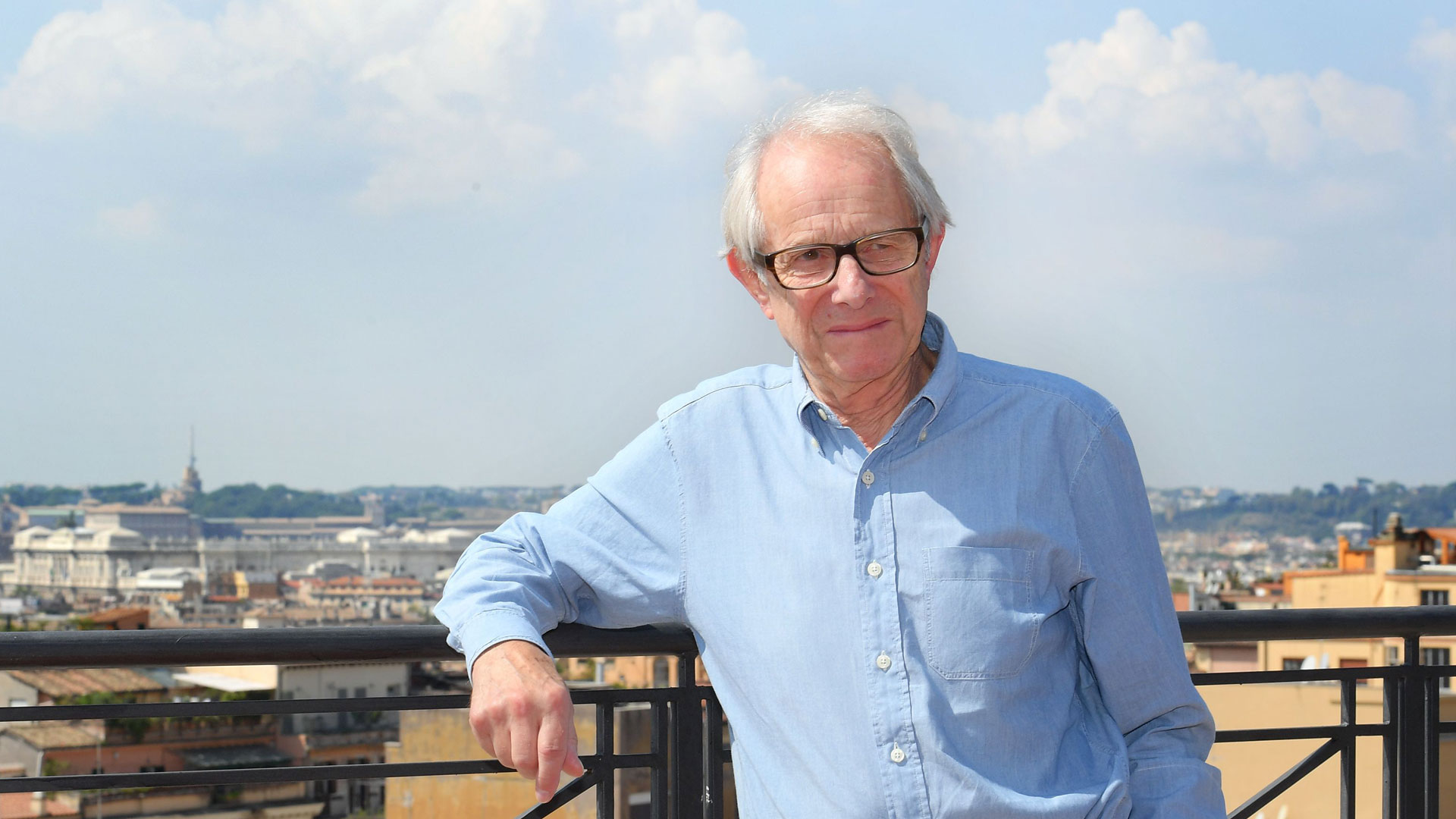We’ve grown used to hearing about the housing “crisis”. It is an overused term. Do you think of it as a crisis? A crisis should be a turning point. A crisis is when things are so bad there has to be a development, a change. Housing in this country is certainly a disaster, and whether it’s a continuing disaster depends on what we do about it now. We have gross overcrowding, people living in sheds at the bottom of gardens. We have 93,000 children caught up in homelessness. Think what that’s doing to people, to their life chances – it’s shocking.
The market has demonstrated it cannot solve the housing problems
Are you surprised by the kinds of problems we have now – overcrowding, revenge evictions, people pushed into moving out of London? If you’re political, it’s not a surprise. You can only get more houses for people if you plan properly, and we haven’t planned for a long time. You need to plan for the homes needed, plan the employment, plan the infrastructure – schools, transport, green spaces and so on. But we have a market economy that cannot allow for the kind of planning we need. All the parties have the same solution, to different degrees: leave it to the market. Well, the market has demonstrated it cannot solve the housing problems.
Is it too much to hope councils can start building public housing again? After the Second World War we had directly employed labour by the local authorities. We have a lot of young people who could have apprenticeships and good careers but the building trade has become more and more casualised. We’re getting back to day labourers, without trade union rights. They turn the work on and off like a tap, which doesn’t allow us to build what we need. And of course the Right to Buy was a disaster. The long-term consequences have been ridiculous because a lot of houses, sold off and acquired by landlords, are now being rented out at exorbitant rates to struggling families.
Ken Loach spoke at the recent Homes for Britain rally, organised by the National Housing Federation. On the need for more housing, he said he favoured a new council house building programme. “I would argue that we need to fight for the principal of common housing ownership and a planned economy. Let’s start building the housing estates people need.”
Has home ownership been prioritised at the expense of other kinds of housing? Well individual ownership has been the ideology. It’s something I grew up with too. Once I got a job at the BBC, one of the first things I did was to get a little house. But I think security is the key. It’s to do with a tenure that gives you that security, knowing it’s your family home and your family can stay there, which used to be the case with council housing too.
There’s something so vicious about these programmes that they wouldn’t be out of place in the Third Reich
What do you think of the outbreak of lifestyle TV programmes about benefits, housing estates and so-called scroungers? I think it’s fascist TV because they present things in such a way as to say: “Here are people who are less human than you and me.” They show a disgusting contempt for people. People are set up to be objects of derision. The people who commission these programmes and the heads of channels should be exposed. There’s something so vicious about these programmes that they wouldn’t be out of place in the Third Reich. But there was a good BBC one recently called No Place to Call Home. It showed the reality of housing difficulties and the effect on the kids. So it’s not a monolithic picture but the majority of programmes with benefits in the title are there to humiliate the poor.
How do you reflect on Cathy Come Home, almost 50 years on? Would it be possible to tell a housing story now and create the same outpouring of concern? It came at a time people were watching television with innocent eyes. So it was easier to be moved by something you hadn’t seen before. Today, I think everyone has become bored by the medium of television. The audience is jaded. The medium, as a response, goes for more and more cheap sensationalism. And there are so many channels, one particular film can’t have the impact Cathy Come Home had in 1966. But people struggling to find a home today are often in the same desperate situation as was happening back then.









